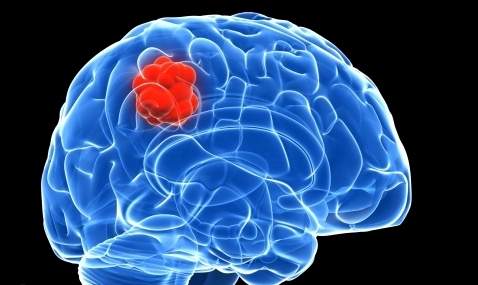- Home
- Medical news & Guidelines
- Anesthesiology
- Cardiology and CTVS
- Critical Care
- Dentistry
- Dermatology
- Diabetes and Endocrinology
- ENT
- Gastroenterology
- Medicine
- Nephrology
- Neurology
- Obstretics-Gynaecology
- Oncology
- Ophthalmology
- Orthopaedics
- Pediatrics-Neonatology
- Psychiatry
- Pulmonology
- Radiology
- Surgery
- Urology
- Laboratory Medicine
- Diet
- Nursing
- Paramedical
- Physiotherapy
- Health news
- Fact Check
- Bone Health Fact Check
- Brain Health Fact Check
- Cancer Related Fact Check
- Child Care Fact Check
- Dental and oral health fact check
- Diabetes and metabolic health fact check
- Diet and Nutrition Fact Check
- Eye and ENT Care Fact Check
- Fitness fact check
- Gut health fact check
- Heart health fact check
- Kidney health fact check
- Medical education fact check
- Men's health fact check
- Respiratory fact check
- Skin and hair care fact check
- Vaccine and Immunization fact check
- Women's health fact check
- AYUSH
- State News
- Andaman and Nicobar Islands
- Andhra Pradesh
- Arunachal Pradesh
- Assam
- Bihar
- Chandigarh
- Chattisgarh
- Dadra and Nagar Haveli
- Daman and Diu
- Delhi
- Goa
- Gujarat
- Haryana
- Himachal Pradesh
- Jammu & Kashmir
- Jharkhand
- Karnataka
- Kerala
- Ladakh
- Lakshadweep
- Madhya Pradesh
- Maharashtra
- Manipur
- Meghalaya
- Mizoram
- Nagaland
- Odisha
- Puducherry
- Punjab
- Rajasthan
- Sikkim
- Tamil Nadu
- Telangana
- Tripura
- Uttar Pradesh
- Uttrakhand
- West Bengal
- Medical Education
- Industry
Scientists discover new genes associated with brain cancer

Scientists have identified new evidence on how to prevent and treat glioma using five new genetic variants associated with the most common form of brain cancer.
One such variant discovered is vital since it increases the risk of developing glioblastoma, a particularly aggressive kind of glioma with an average survival of only 10-15 months after diagnosis, by almost a quarter.
The findings, published in the journal Nature Communications, is vital to the research on the biology of gliomas, providing clues to why the disease develops and how it could be treated or prevented.
"Our study is the largest ever conducted of the genetics of glioma -- the most common form of brain cancer -- and it provides firm evidence that susceptibility to the disease is in part inherited," said Richard Houlston, professor of molecular and population genetics at the Institute of Cancer Research here.
The team analysed DNA from more than 5,637 people who had developed glioma, and comparing it with 9,158 people without the disease.
The study brings the total number of genetic variants linked to glioma now to 12.
One variant was associated with a 23 percent increased risk of glioblastoma.
The other four genetic variants were found to increase the risk of less aggressive, non-glioblastoma forms of glioma by around five percent each.
"One of the risk factors we identified is linked to quite a dramatically-increased chance of developing glioblastoma, a particularly aggressive kind of brain cancer," Houlston said.
One such variant discovered is vital since it increases the risk of developing glioblastoma, a particularly aggressive kind of glioma with an average survival of only 10-15 months after diagnosis, by almost a quarter.
The findings, published in the journal Nature Communications, is vital to the research on the biology of gliomas, providing clues to why the disease develops and how it could be treated or prevented.
"Our study is the largest ever conducted of the genetics of glioma -- the most common form of brain cancer -- and it provides firm evidence that susceptibility to the disease is in part inherited," said Richard Houlston, professor of molecular and population genetics at the Institute of Cancer Research here.
The team analysed DNA from more than 5,637 people who had developed glioma, and comparing it with 9,158 people without the disease.
The study brings the total number of genetic variants linked to glioma now to 12.
One variant was associated with a 23 percent increased risk of glioblastoma.
The other four genetic variants were found to increase the risk of less aggressive, non-glioblastoma forms of glioma by around five percent each.
"One of the risk factors we identified is linked to quite a dramatically-increased chance of developing glioblastoma, a particularly aggressive kind of brain cancer," Houlston said.
Meghna A Singhania is the founder and Editor-in-Chief at Medical Dialogues. An Economics graduate from Delhi University and a post graduate from London School of Economics and Political Science, her key research interest lies in health economics, and policy making in health and medical sector in the country. She is a member of the Association of Healthcare Journalists. She can be contacted at meghna@medicaldialogues.in. Contact no. 011-43720751
Next Story


